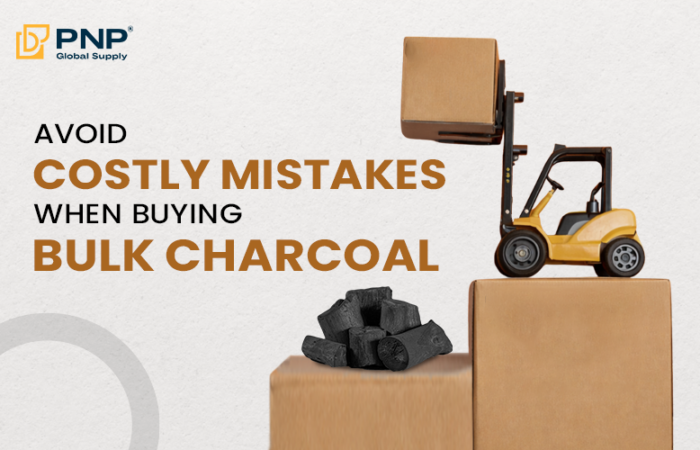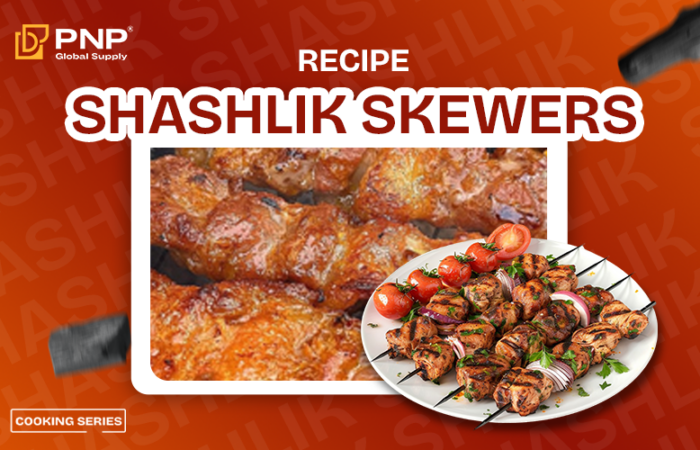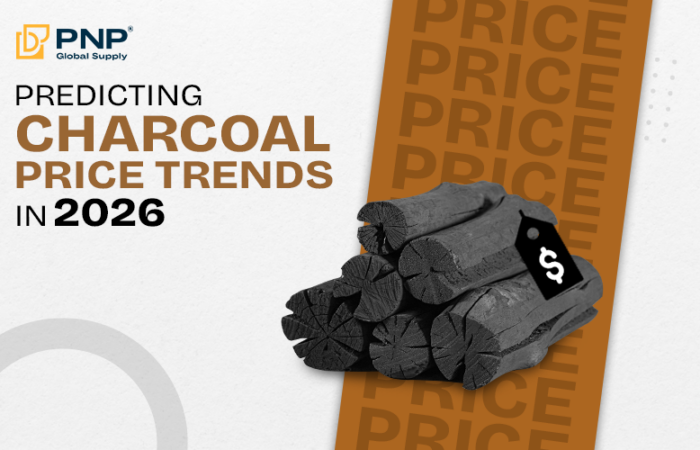In 2026, the global demand for briquette charcoal continues to rise steadily. Whether you’re a home BBQ enthusiast, a restaurant owner, or an importer looking to source charcoal in bulk, understanding the briquette charcoal price is essential to make an informed purchase decision.
This article explains what briquette charcoal is, what factors affect its price, the common types available on the market, and how to choose the right type for your needs.
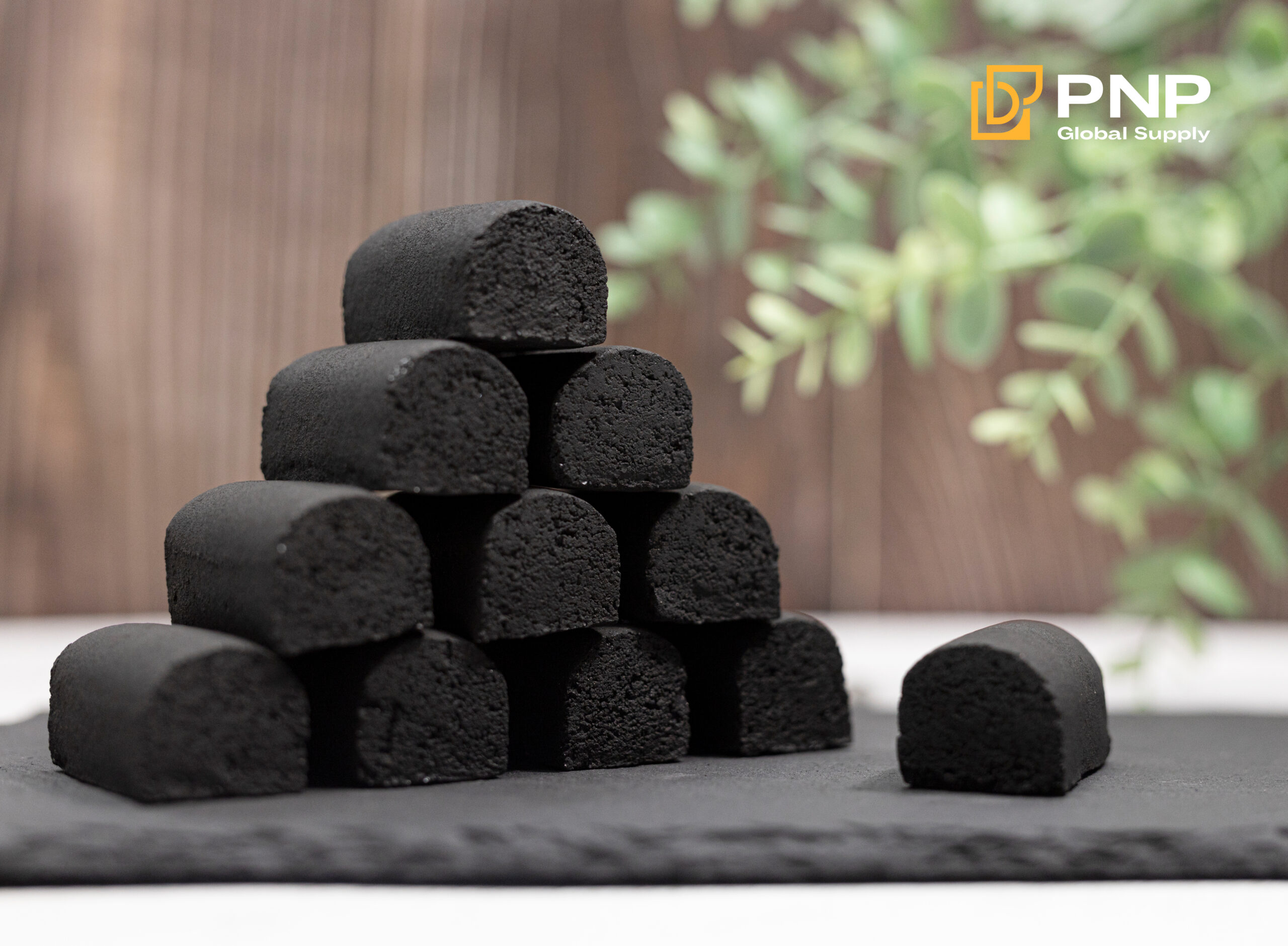
What Is Briquette Charcoal, and Is It Real Charcoal?
This is a question many first-time buyers ask: “Are briquettes real charcoal?” The answer is yes—but with a unique twist. Briquette charcoal is a processed form of charcoal, made by compressing biomass materials like sawdust, coconut shells, rice husks, or sugarcane bagasse into uniform, compact shapes.
These materials are carbonized first and then molded into shapes such as pillows, cubes, or hexagonal logs using high pressure. Some producers use natural binders to hold the particles together, while others rely solely on heat and pressure, depending on the target market.
What makes briquettes different from traditional lump charcoal is their consistency and performance. Briquettes burn longer, provide stable heat, produce less smoke, and create minimal ash. That’s why they’re widely used in grilling, industrial kitchens, and export markets—especially for applications requiring uniform heat, such as BBQ restaurants or even shisha in some regions.
Common Types of Briquette Charcoal Available
In today’s market, there are several types of briquette charcoal, each with its own characteristics and price range. For standard usage, sawdust briquettes are widely used. These are affordable and easy to light, making them ideal for general grilling or heating purposes.
If you’re looking for a cleaner, longer-burning fuel, coconut shell briquettes are a premium choice. Made from discarded coconut shells, they burn hotter and longer with very little smoke or odor. This type is especially popular in Europe and the Middle East for BBQs and, in some markets, hookah use.
Another type gaining popularity is the hexagonal briquette, which is often made from sawdust or coconut shells. These briquettes have a hole in the center, allowing for better airflow and more even burning. They’re perfect for long BBQ sessions or restaurant use where consistent heat output is essential.
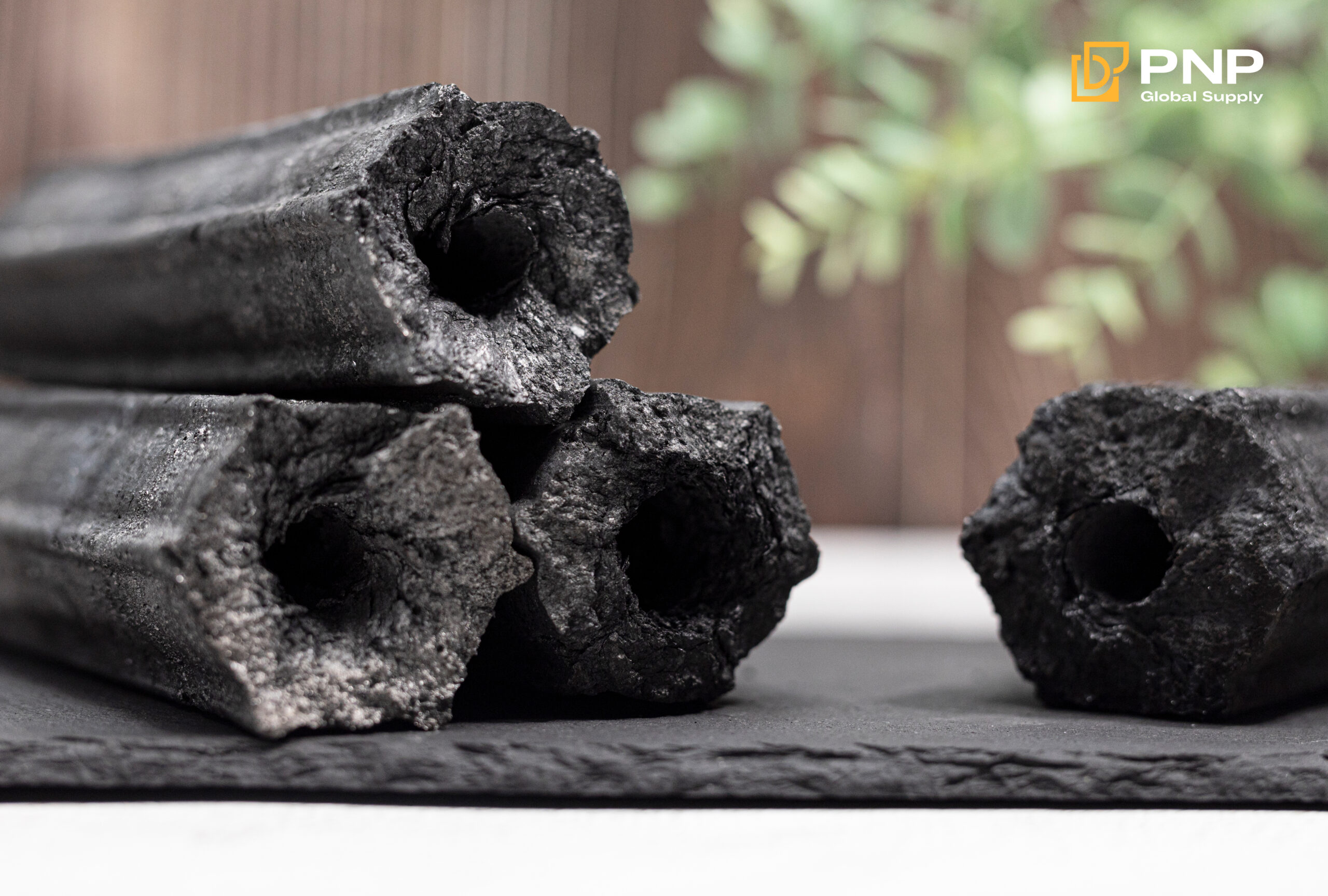
What Affects the Briquette Charcoal Price in 2026?
If you’re wondering why prices differ so much, the answer lies in several key factors. First, the raw material plays a major role. Briquettes made from coconut shells are generally more expensive than those from sawdust due to their higher carbon content and superior performance. Coconut-based briquettes produce less ash, burn hotter, and are in high demand in export markets.
The shape and production method also influence pricing. Pillow or oval-shaped briquettes are common and cost-effective, while hexagonal or cube-shaped briquettes—especially those made for premium applications—tend to carry higher price tags due to their manufacturing complexity.
Carbon content is another factor. High-quality briquettes usually have a fixed carbon level above 70%, which results in a longer burn time and higher heat. These premium characteristics come at a cost, but they also reduce fuel consumption in the long run.
Beyond the material itself, seasonal demand and logistics also impact pricing. During summer months in Europe or around global holidays, demand spikes, and so do prices. Export-related costs such as packaging, shipping (FOB vs CIF), and container availability also affect the final briquette charcoal price.
What Is the Current Price of Briquette Charcoal?
As of mid-2026, here’s what you can expect to pay per ton (FOB):
- Sawdust briquette charcoal: $650–$800/ton. Affordable and good for general heating or cooking needs.
- Coconut briquette charcoal: $1200–$1400/ton. A premium option for both BBQ and shisha markets—burns clean, no odor, minimal ash.
- Mixed biomass briquettes: $400–$520/ton. These combine materials like wood and coconut for a balanced price and decent performance.
Prices can change depending on how much you order and the supplier’s location. Some producers offer better rates for full-container orders or repeat customers. And if you’re working with a local supplier in Vietnam or Indonesia, inland transport and port access also affect the total cost.
If you want a comprehensive overview of charcoal prices, be sure to check out the article below: Charcoal price per ton in 2026: What global buyers should know
Which Type Should You Choose?
Choosing the right type of briquette depends largely on your needs. If you’re looking for an affordable fuel for everyday grilling, sawdust briquettes are the way to go. They’re easy to light, burn decently, and are widely available.
But if clean burning, long-lasting heat, and low smoke are important—say for a restaurant or extended outdoor BBQ—coconut shell briquettes will give you better performance and cleaner grilling with fewer interruptions.
If you’re looking for a versatile option that performs well across various uses, hexagonal briquette charcoal is a great middle-ground. It lights relatively easily, burns consistently, and is favored by many commercial users who want both quality and value.
PNP offers a wide range of high-quality briquette charcoal to meet your specific needs. Whether you’re looking for fuel for everyday grilling or professional use, we have the right type for you. Visit our website pnpcharcoal.com to explore our products and find the perfect briquette charcoal that fits your requirements.
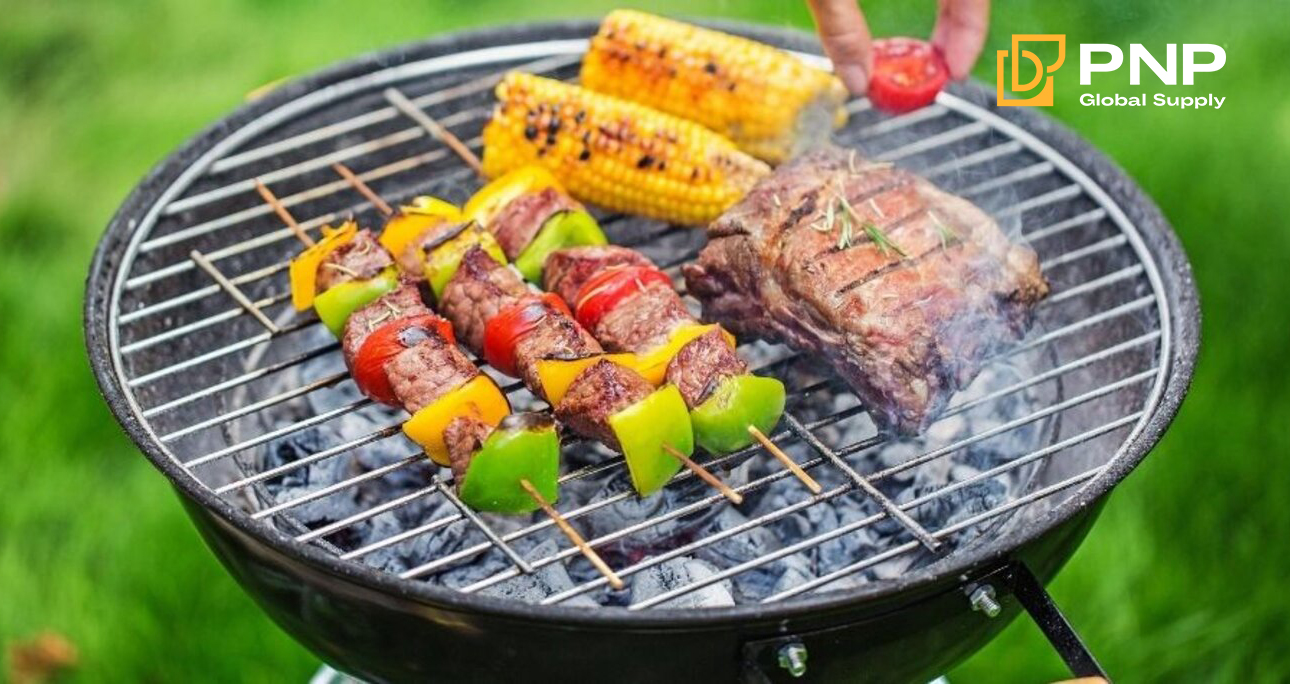
Conclusion
In the fast-changing fuel market of 2026, knowing the briquette charcoal price and what affects it can help you choose smarter, whether you’re buying for personal use or sourcing for a business.
Instead of focusing solely on price, consider the value you’re getting. Briquettes that cost a bit more upfront might save you money in the long run with longer burn time, cleaner grilling, and reduced maintenance.
If you’re planning to import or purchase in large quantities, it’s always a good idea to request detailed specifications and samples. A little research now can make a big difference in performance—and in your bottom line.
Would you like help with a latest price quote, sample request guide, or supplier recommendation from Vietnam?
________________________________
Contact us for more information
Facebook: PNP Charcoal
Instagram: PNP Charcoal
Email: info@pnpglobalsupply.com

